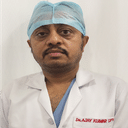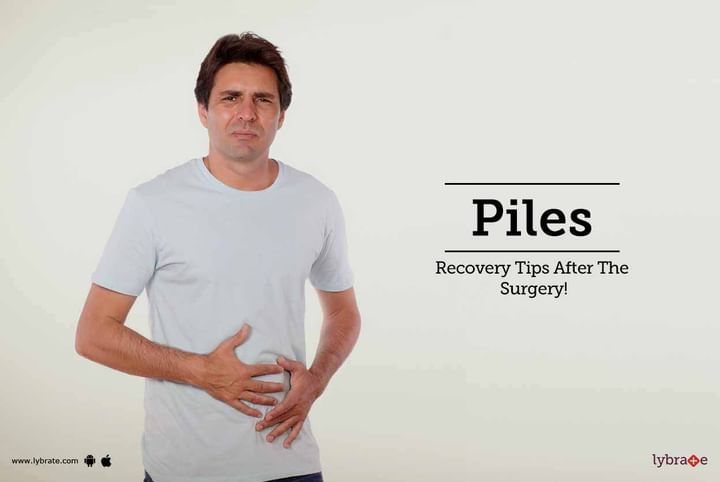Piles - Recovery Tips After The Surgery!
Piles or Hemorrhoids is a common condition that can affect a man or woman at any stage of their life. This is not life-threatening but it can be extremely painful and uncomfortable. Therefore, seeking the proper treatment at the right time is necessary. Surgery is one of the best forms of treatment for this condition. This is known as a hemorrhoidectomy. It ensures that the problem does not recur. Recovering from a surgery to remove piles can take 2-3 weeks. Here are a few tips to ensure fast healing.
Take a sitz bath A sitz bath can help relieve pain and discomfort after a hemorrhoidectomy. This involves filling a shallow tub with warm water and sitting in it. It is important not to add anything to this water. A sitz bath can be taken multiple times in a day in the first week following surgery. The warm water helps relax the muscles and reduces swelling and pain. Once the water cools down, you may follow a sitz bath with an ice pack. This should not be placed in direct contact with the skin and should be held in place for not longer than 5-10 minutes.
Use a handheld shower to keep the area clean It is important to keep the surgery site clean at all times. However given the sensitivity around the area, this can be difficult especially after passing stool. Using a handheld shower or bidet attachment can make this process easier and less painful. Air dry the area or pat it dry with a soft towel. Do not rub the area as it may damage the skin.
Use medication wisely Your doctor will probably prescribe painkillers after the surgery. This prescription must be followed strictly as overuse of opioid painkillers can result in constipation. Along with this, a laxative or stool softener may also be prescribed. The instructions given with this medication must be followed strictly. Taking excessive doses can lead to diarrhoea that may, in turn, slow down the healing process.
Eat Right To prevent constipation and speed up the healing process, the patient must have a well-balanced diet. This should be rich in fibre to enable waste to travel smoothly through the digestive system. The patient must also drink a minimum of 8-10 glasses of water a day. This does not include soft drinks, juices, tea, coffee etc. This keeps stools soft and makes their excretion less painful.



+1.svg)
